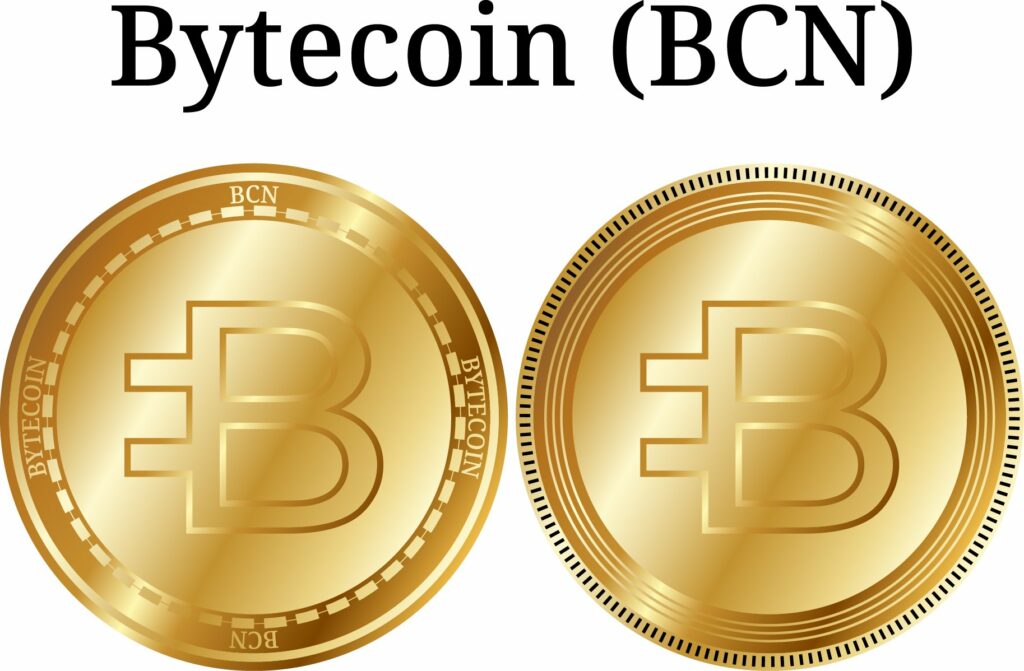Cryptocurrencies have grown in popularity because they enable fast and secure transactions on the blockchain. Their popularity also stems from their ability to facilitate cross-border payments at some of the lowest costs compared to traditional payment systems.
Additionally, some coins go the extra mile in hiding or obfuscating transactions on the blockchain. Normally, transactions on the blockchain are transparent and can be seen by anyone. However, privacy coins come with a protocol that allows them to hide the identity of people transacting and the amount being transacted.

Privacy coins leverage cryptography to hide transactions on the blockchain from the public. Consequently, they can ensure higher levels of privacy and anonymity. Such coins hide wallet addresses which obscure any information that could be used to identify a wallet owner. Conversely, they are ideal for anyone looking to keep their financial activity private and anonymous.
How privacy coins work
Privacy coins operate like any other cryptocurrency by using blockchain technology as the distributed ledger. However, the coins go the extra mile by making it difficult to connect transactions on the ledger, making it impossible to determine the source or destinations of funds.
The use of cryptography allows such coins to hide the user’s wallets, balance, and address which can be used to track transactions. The technology generates new addresses each time, making it difficult to trace transactions, therefore protecting the recipient’s privacy.
Dash
Dash was the first cryptocurrency to take privacy on the blockchain to another level. Launched in 2014, it has grown to become one of the most sought-after cryptocurrencies; given the anonymity it offers to transactions on the blockchain.
Unlike most privacy-focused cryptocurrencies, Dash allows people to choose whether or not transactions are anonymous and private. It uses the PrivateSend feature, allowing users to remain anonymous while still meeting regulatory standards depending on the jurisdiction.
The PrivateSend feature works by hiding the origin of the funds on the blockchain and the amount. Nevertheless, selecting to use the future can result in a slight increase in transaction fees.
Bytecoin
Bytecoin bills itself as the first untraceable currency. The use of CryptoNote technology has allowed the cryptocurrency to enable anonymous and private transactions on the network. What this means is that transactions cannot be traced from the source to the recipient. In addition, it is impossible to tell whether the transaction was sent from the same source.

Bytecoin enabled unlinkable and untraceable transactions by using ring signatures. The technology makes transactions opaque which ensures no one can see who sent the transactions in the first place. It also obsequies the amount sent as well as the recipient’s address. Therefore, the ring technology strings transactions together, making it impossible to tell them apart from each other.
The CryptoNote technology generates one-time keys every time a transaction is initiated. The one-time keys or codes make it look like coins were sent to a different wallet every time as part of the privacy structure.
Monero
Monero is arguably one of the biggest and most successful privacy coins. A hard fork of Bytecoin, it comes with privacy features built on all its transactions. It stands out because it uses ring signatures and stealth addresses, making it more difficult to track transactions on its blockchain.

Conversely, the identity of the sender and receiver are hidden from the public on the blockchain. In addition, it also leverages the Ring Confidential Transactions RingCT module, which hides the transaction amount, all but adding another privacy layer.
Zcash
Zcash is another privacy coin that stands out for implementing a cryptographic tool dubbed Zero-Knowledge Proof. The tool allows one party in a transaction to prove something is true without providing many details. Therefore the solution enables private transactions.

Unlike Monero, not all transactions on the Zcash network are made private automatically. The network allows four different types of transactions with various levels of privacy. In one of the modes, people can transact on the network without revealing their addresses or transaction amount to others.
Zcash stands out as it has one of the strongest privacy protocols. However, it also comes with different types of transactions, which can lead to confusion among users and might cause some users to assume transactions are private when they are not.
The Verge
The Verge is another privacy token that uses The Onion Router and the Invisible Internet Project to enable private and anonymous transactions on its network. The two modules bounce users’ communications over the distributed network, thereby making it impossible to know the true identities of people transacting.

The I2P technology also encrypts users’ data before sending it on the blockchain as part of its measure to enhance privacy. In addition, it also hides the locations and IP addresses of people transacting on the network, which makes tracing extremely difficult.
As a privacy coin, The Verge stands out partly because it enables fast transactions at some of the lowest fees. It is also highly scalable, which means many people can use it without experiencing any congestion issues.
Bottom line
Privacy coins are becoming increasingly popular at a time when privacy is a hot subject. The need to ensure private and anonymous transactions on the blockchain should continue to drive strong demand and use of privacy coins. Such coins have also proved to be effective for staying clear of hackers always looking to steal people’s holdings.
However, such coins are under intense scrutiny and pressure more than ever from regulators amid concerns that they are being used to propagate illegal activities. There have been concerns that privacy coins are being used in money laundering activities and financing terrorist activities.




